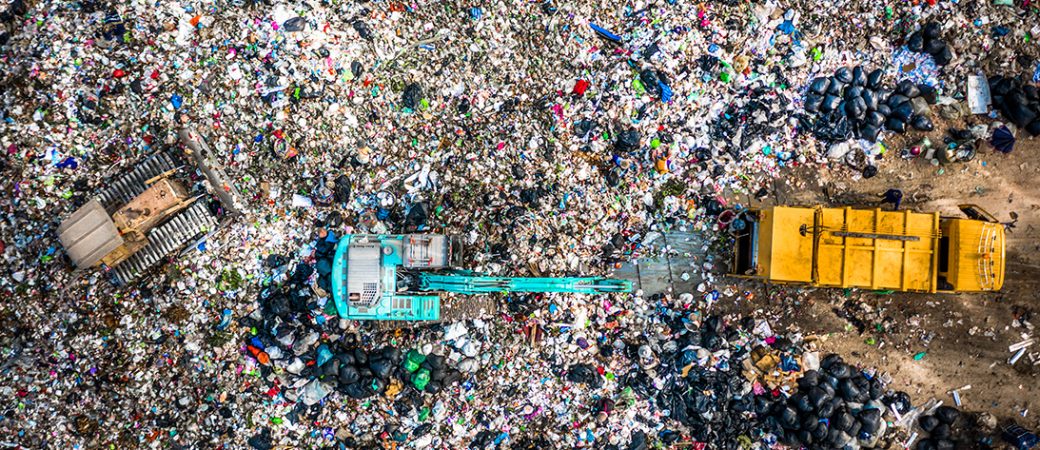
Landfills, once thought to be a simple solution for waste management, have now become a pressing environmental concern. Besides their unsightly appearance and foul odors, landfills are leaking toxic substances into our very own food chains. In this blog post, we will explore the serious consequences of landfills on our ecosystem and why they are failing to fulfill our waste management needs.
Accumulation of hazardous waste:
Landfills are designed to bury waste deep within the ground, preventing it from affecting the environment. However, with the increasing amount of hazardous waste, such as plastics, electronic waste, and chemical waste, landfills often become a repository for dangerous substances. These pollutants seep into the soil, contaminating groundwater sources and initiating a chain of events impacting the food we consume.
Contaminated groundwater affects agriculture:
The contaminated groundwater resulting from landfills often infiltrates agricultural areas, irrigating crops with toxic water. Plants, like sponges, absorb these pollutants through their roots, which ultimately make their way into our food chain. This not only poses risks to our health but also compromises the integrity of our produce.
Persistent Organic Pollutants (POPs):
Landfills contain persistent organic pollutants (POPs) that pose a grave threat to both the environment and human health. These pollutants can have lingering effects, taking years to degrade. As they enter our food chains, they accumulate in the fatty tissues of animals and humans, leading to long-term health issues such as cancer, reproductive problems, and developmental disorders.
Landfill gas emissions:
As waste decomposes in landfills, a significant amount of methane and other greenhouse gases are released. These gases contribute to climate change and further disrupt ecosystems. Moreover, volatile organic compounds (VOCs) emitted from landfills can react with sunlight, leading to the formation of smog, which affects air quality in surrounding communities.
Insufficient waste management practices:
Despite growing concerns about the environmental impact of landfills, our current waste management practices fall short. The linear “take, make, dispose” model dominates, with limited emphasis on reduction, recycling, and resource recovery. Shifting to a circular economy that prioritizes waste reduction and implements sustainable waste management alternatives is crucial to address these issues effectively.
Landfills no longer fulfill our waste management needs as they pose serious threats to our food chains and overall ecosystem health. It is imperative that we acknowledge the urgency of the situation and take immediate action to mitigate the impact of landfills on our environment. By advocating for sustainable waste management practices, supporting recycling initiatives, and reducing our own waste generation, we can contribute to a healthier and more sustainable future. Only by taking proactive measures can we break free from the perilous cycle of landfills and protect our food chains from contamination.
What can you do to be proactive?
While small actions might not make much of a dent in this ongoing issue, every little really does help.
Make a small change today by recycling your toner cartridges. The Greener Side prevents over 1,000,000 toner cartridges from entering landfill every single year. You can become a part of this with relatively no effort and very little cost.
Request your first toner cartridge collection and fly the flag with us today